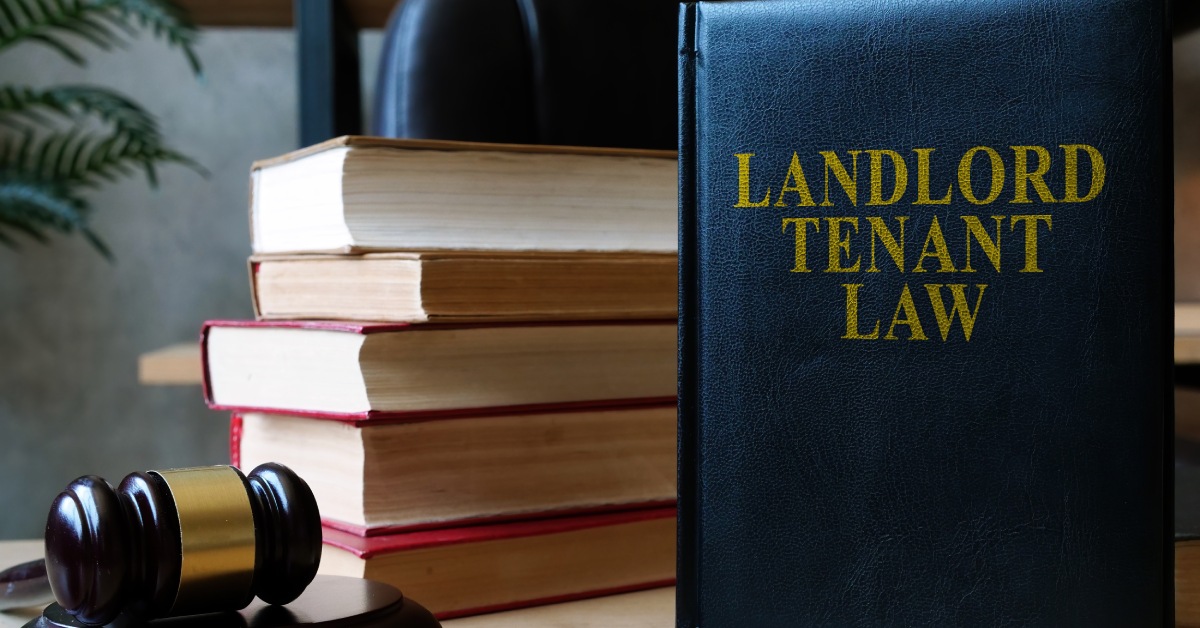
Navigating the responsibilities and laws governing rental properties can be a complex endeavor for landlords, especially in Georgia. Among the critical aspects to understand is the 3-day notice to quit, a vital tool that can facilitate timely communication about lease violations or unpaid rent.
This notice serves as an essential step in the eviction process and acts as a safeguard for landlords to ensure they comply with state regulations while protecting their rights. In this guide, we’ll walk landlords through Georgia’s 3-day notice to quit, its purpose, when to use it, and how to serve it effectively.
Definition and Purpose of the Notice
The 3-day notice to quit is a formal document that landlords issue to tenants who have failed to pay rent on time or have violated lease terms. Its primary purpose is to inform the tenant of their non-compliance and provide a clear timeline for corrective action. Specifically, this notice gives tenants a three-day window to either pay the overdue rent or remedy the lease violation.
If the tenant fails to act within this period, the landlord can then initiate the eviction process. Understanding the definition and purpose of this notice is crucial for landlords, as it facilitates communication and reinforces their stance on maintaining property standards.
Conditions Under Which the Notice Is Applicable

Non-Payment of Rent
The most common scenario for issuing this notice is the non-payment of rent. When tenants fail to pay their rent by the due date, landlords must act swiftly to protect their interests. Georgia law helps them do so.
When a tenant is late on rent, the landlord should first attempt to resolve the issue amicably, often through reminders or discussions. However, if these efforts don’t lead to payment, the formal issuance of a 3-day notice becomes necessary.
Lease Violations
In addition to non-payment of rent, landlords may need to issue a notice for various lease violations. Lease violations can encompass a range of infractions, such as unauthorized pets, excessive noise, or failure to maintain the property. Landlords should clearly outline the specific violation in the notice, providing tenants with a precise understanding of the issue.
For instance, if a tenant is hosting frequent loud gatherings, the notice should detail the noise complaint and reference relevant lease terms that they’ve breached. This lays the groundwork for potential eviction and signals to tenants the importance of adhering to agreed-upon rules.
Timeframes for Issuing the Notice
Landlords should issue the notice as soon as a lease violation occurs or as soon as rent is unpaid, providing clarity and urgency to the situation. For non-payment of rent, landlords typically consider rent to be late if not received by the due date, which is usually in the lease agreement. While it’s not mandatory, it’s helpful to offer a grace period, often a few days beyond the due date, before issuing the notice. A tenant may have a valid reason for not paying the rent exactly on time.
When addressing lease violations, the timeframe may also depend on the nature of the infraction. For example, more serious violations, such as illegal activities, may warrant immediate action. On the other hand, landlords can address issues like minor noise complaints with a conversation before resorting to formal notice.
Legal Requirements for the Notice
Specific Information That Must Be Included
To ensure the notice is both effective and legally compliant, landlords must include specific information within the document. First and foremost, the notice should clearly identify the tenant by name and include the address of the rental property. This eliminates any confusion regarding the recipient and the premises involved.
Next, landlords must specify the reason for the notice. This section should include information about the violation, such as the exact amount owed in cases of unpaid rent or a thorough description of the lease terms that they breached. Finally, including the landlord’s contact information allows for open communication should tenants wish to discuss the notice or seek clarification.
Format and Language Considerations
When creating a 3-day notice to quit, landlords should pay careful attention to both format and language to ensure clarity and professionalism. Landlords should structure the notice straightforwardly, using clear headings that distinguish different sections of the notice. Starting with the title “3-Day Notice to Quit” at the top will immediately inform the tenant of the notice’s purpose.
In terms of language, adopt a tone that’s both formal and approachable. Avoiding overly complex legal jargon can prevent misunderstandings. Instead, use simple, direct language that specifically articulates the issues at hand. For example, rather than saying “failure to comply with rental obligations,” a landlord might state “not paying rent” or “having an unauthorized pet.” This makes the notice more accessible and promotes constructive dialogue.

Serving the 3-Day Notice To Quit
Georgia law provides several acceptable methods for delivering the notice, each with its own benefits and considerations. Landlords can choose to serve the notice in person, which allows for immediate communication and clarity regarding the notice’s contents. This method ensures that the tenant receives it directly and acknowledges it.
Alternatively, landlords may opt to post the notice on the tenant’s door, serving as a visible reminder of the impending action. This method is useful when tenants are elusive or unwilling to engage in communication. Lastly, sending the notice via certified mail provides a documented record of delivery, creating a paper trail that can be beneficial in potential court proceedings. Regardless of the method, landlords should maintain thorough records of the delivery to prove compliance with legal requirements.
Potential Repercussions for Landlords
Failing to comply with the legal requirements surrounding the 3-day notice to quit can lead to significant repercussions for landlords, impacting both their financial stability and legal standing. One of the primary risks is the potential for delayed eviction proceedings. If a landlord improperly issues a notice, courts may deem it invalid, forcing landlords to start the process anew, which can prolong tenant occupancy and result in continued financial losses. Furthermore, landlords may lose their right to recover certain damages or unpaid rent due to procedural errors, reducing the effectiveness of their eviction efforts.
In a more severe scenario, mishandling the eviction process can expose landlords to legal actions from tenants. Claims of improper notice could result in counterclaims for damages or even loss of reputation in the rental market. To mitigate these risks, landlords need to remain vigilant in understanding and adhering to state laws, ensure accurate documentation throughout the process, and seek legal guidance when necessary.
With this guide to Georgia’s 3-day notice to quit, landlords can confidently navigate the eviction process, upholding their legal obligations while working toward a mutually beneficial resolution. Although, understandably, you may not want to deal with the hassle and personality clashes that come with handling this process yourself.
At Excalibur Homes, we offer comprehensive Atlanta property services and can handle the process for you. Our property managers are here to help you protect your rental property and handle the eviction process smoothly.

